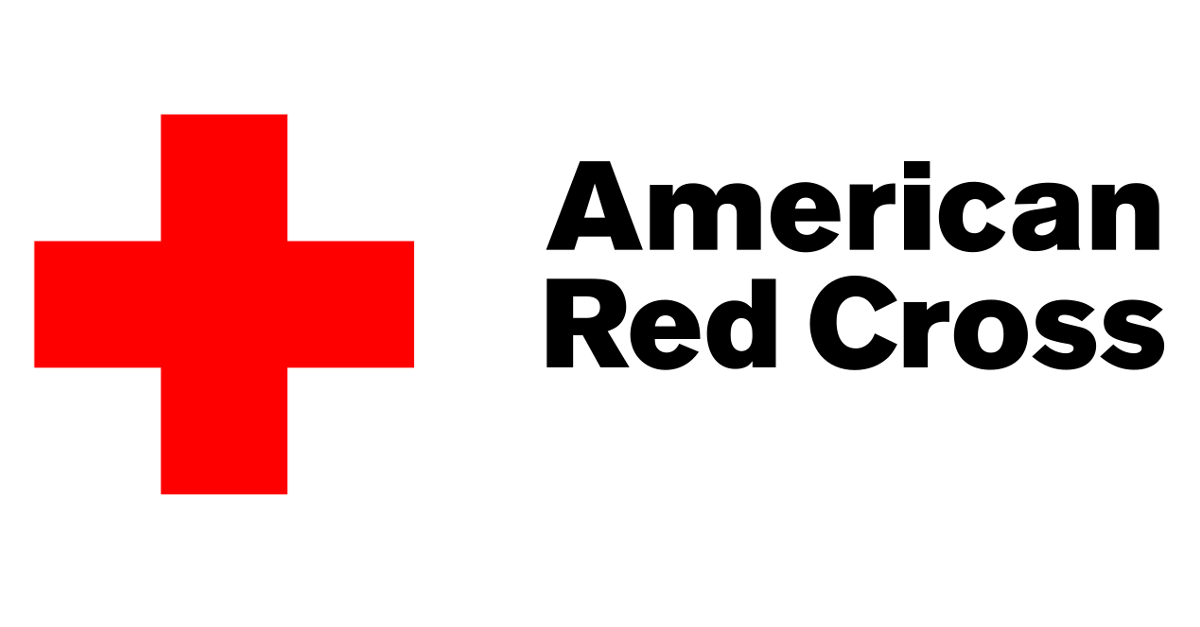Red Cross Flooding Response Update

JUNE 27, 2025 —Since the onset of flooding in Central Nebraska this week, American Red Cross volunteers have mobilized to provide vital care and comfort to affected residents. The Red Cross plays a critical role in helping families and communities recover in the days, weeks and months ahead.
A reception center remains open at the Red Cross Chapter Office (404 E. 3rd Street, Grand Island, NE 68801). Volunteers are on hand to welcome people who have been impacted and address their immediate needs.
On Saturday, June 28, from 9 a.m.-Noon, volunteers will hand out cleaning and relief supplies such as storage totes, gloves and trash bags at the Red Cross Chapter Office (404 E. 3rd Street, Grand Island, NE 68801).
The Red Cross remains in contact with local officials across the impacted areas to evaluate the needs of the residents. This is a quickly evolving situation, and the Red Cross is prepared to adapt to provide the necessary care and comfort in the affected communities.
When it is safe to do so, Red Cross volunteers will assess the residential damage in affected communities. This work will provide a better understanding of what help families may need in the coming days and weeks.
Residents affected by the storms can receive assistance by calling 1-800-RED-CROSS (1-800-733-2767).
Flood Safety Tips
During a flood, residents should be prepared to evacuate immediately if local officials advise and not return home until officials say it is safe. Additionally:
Don’t walk, swim or drive through floodwater. Turn around, don’t drown!
Stay off the roads. If you must drive and you encounter a flooded roadway, turn around and go another way. Just 6 inches of fast-moving floodwater can knock you over, and 12 inches can carry your car away.
Follow evacuation routes and don’t try to take shortcuts because they may be blocked.
If you are caught on a flooded road and waters are rising around you, quickly get out of the car, move to higher ground and stay there.
Cleaning up after a flood is a big job. Be cautious and take care of yourself. Wear protective clothing, including long pants, boots, work gloves and an N95 respirator to protect your lungs.
Watch out for debris, and avoid fallen power lines, poles and wires.
Stay away from floodwaters which may contain sewage, sharp items, bacteria and chemicals that can make you sick.
Don’t touch electrical equipment if it is wet or if you’re standing in water.
Flooding can contaminate drinking water. Follow the advice of local public health officials to protect yourself.
Throw out food that got wet or warm. When in doubt, throw it out!
If your home was flooded, completely dry your home and everything in it as quickly as possible to help prevent mold. Keep wet areas well-ventilated and throw away wet materials that can’t be repaired or dried.
